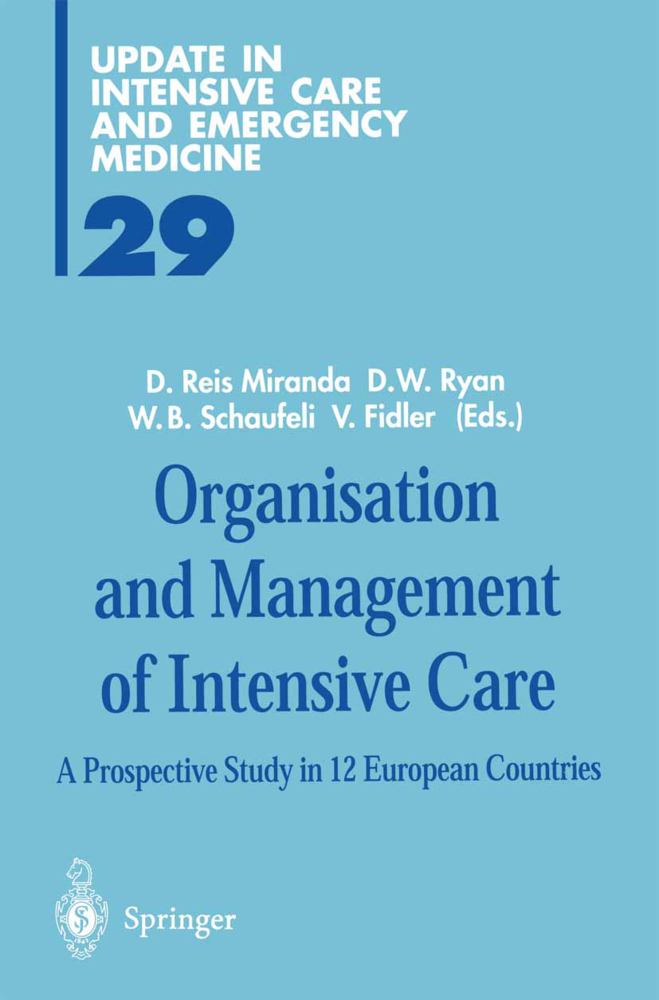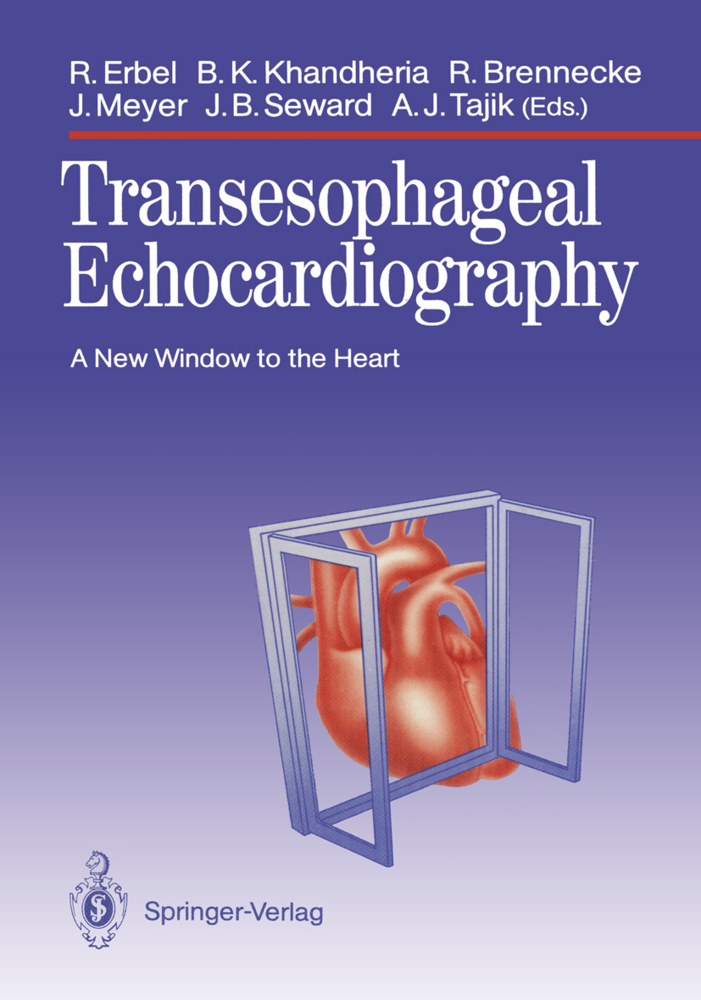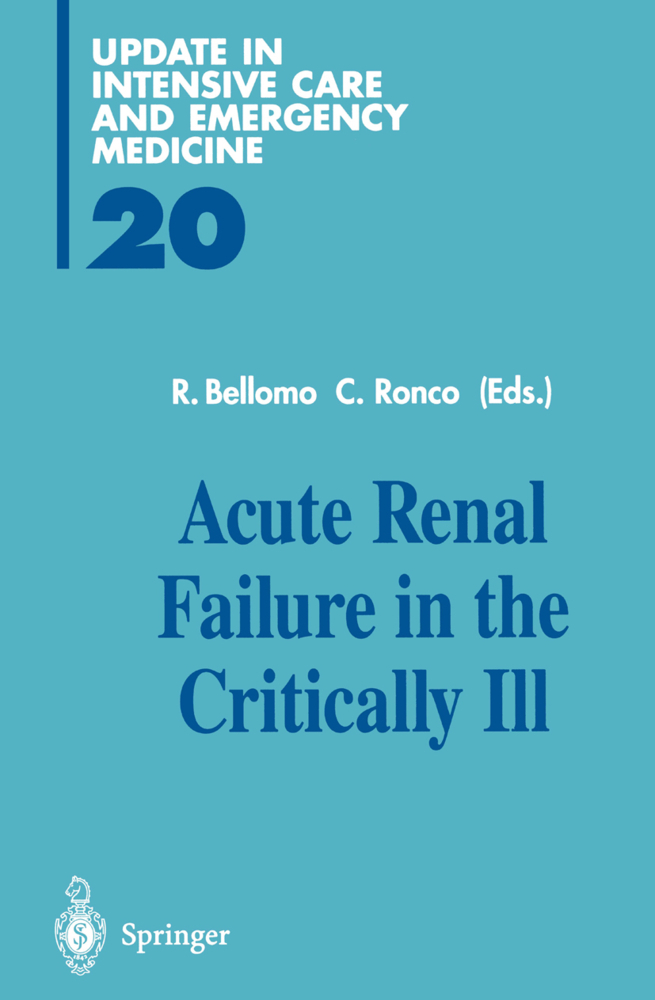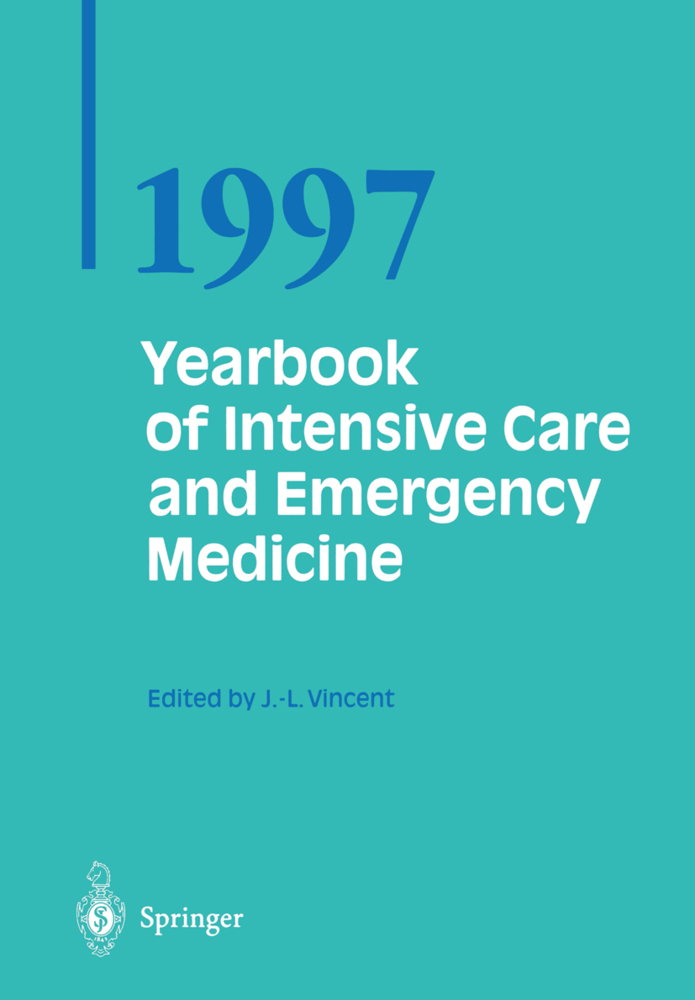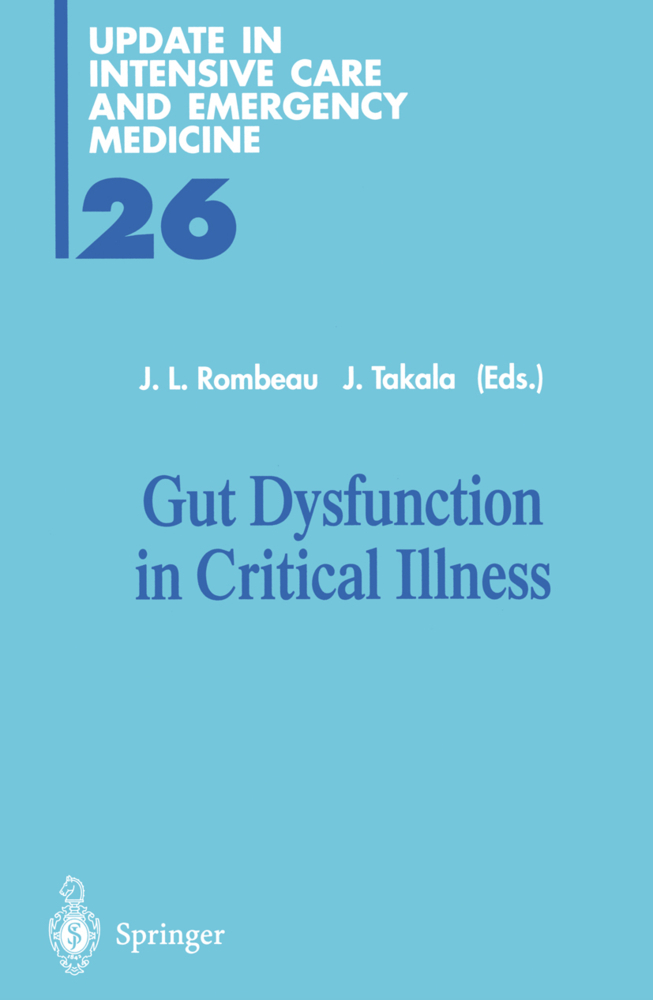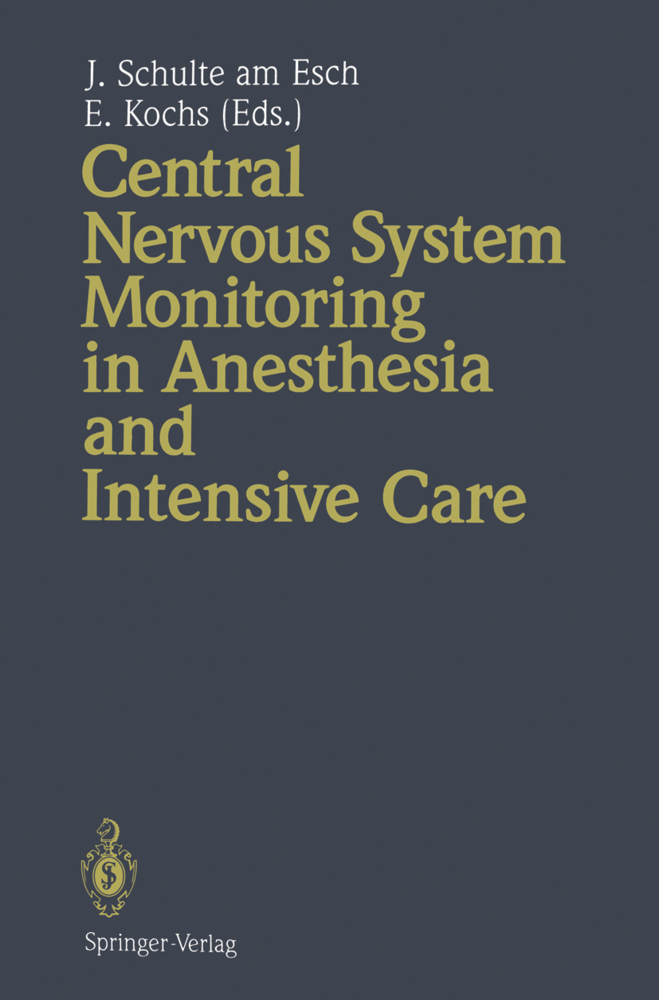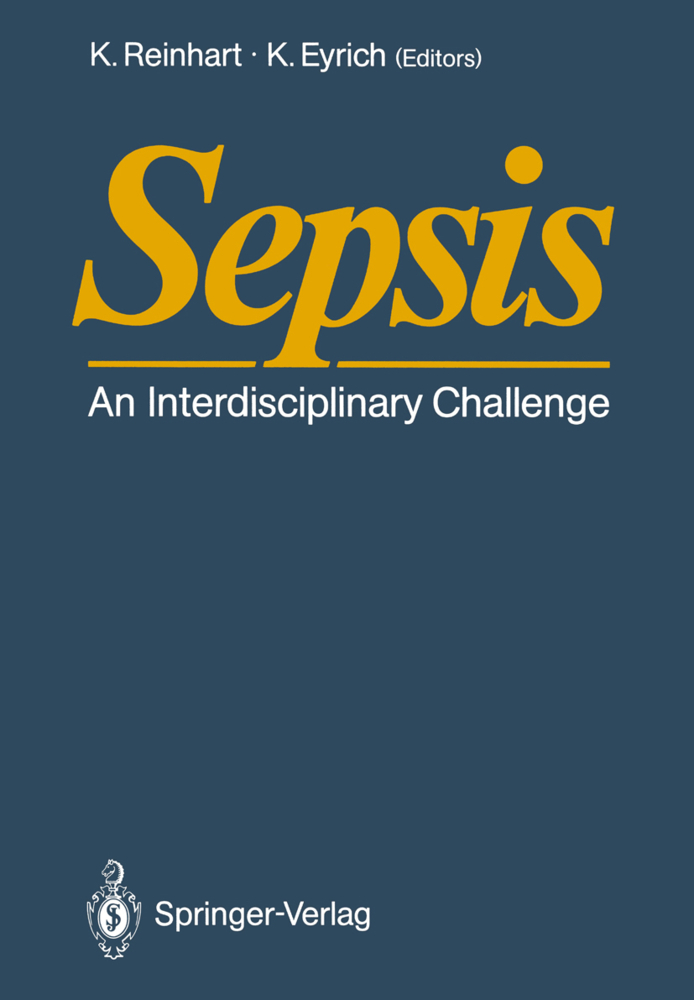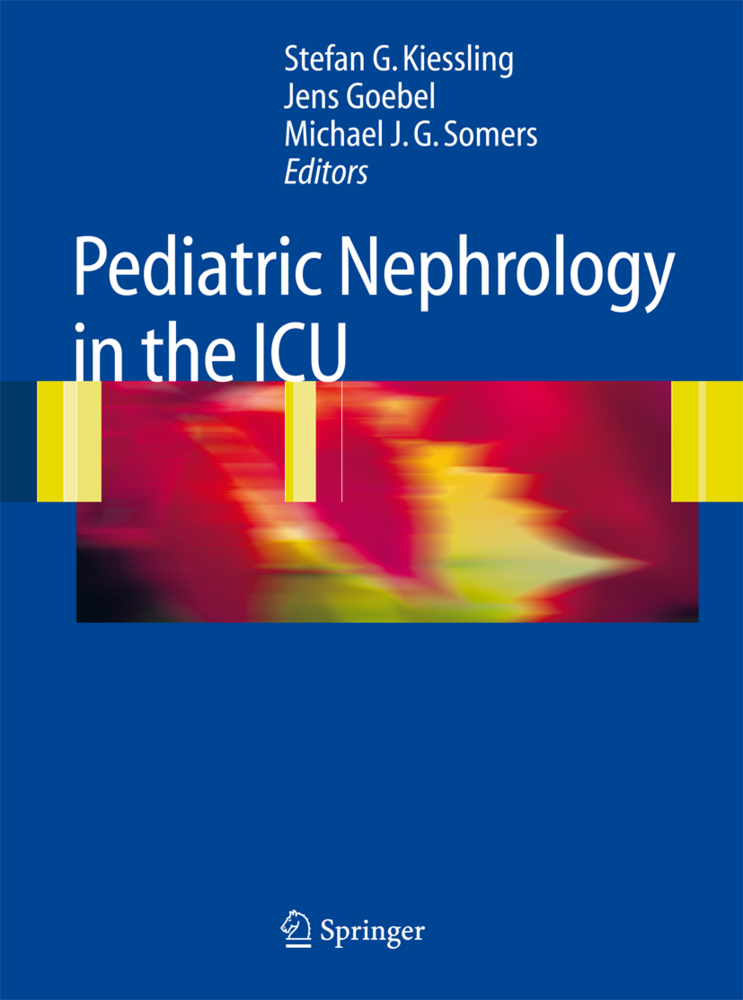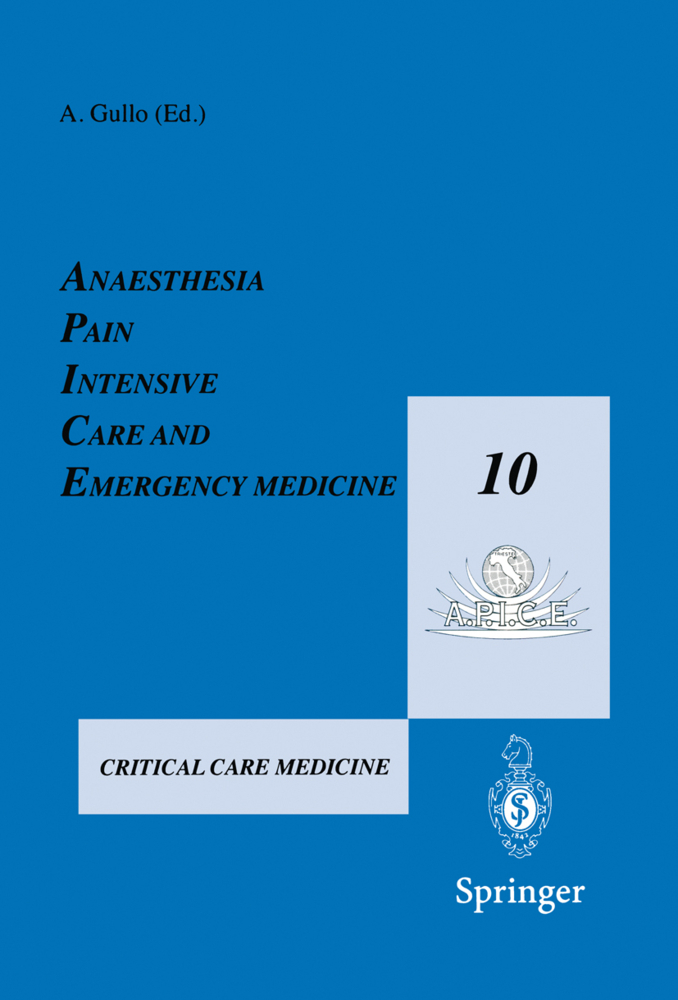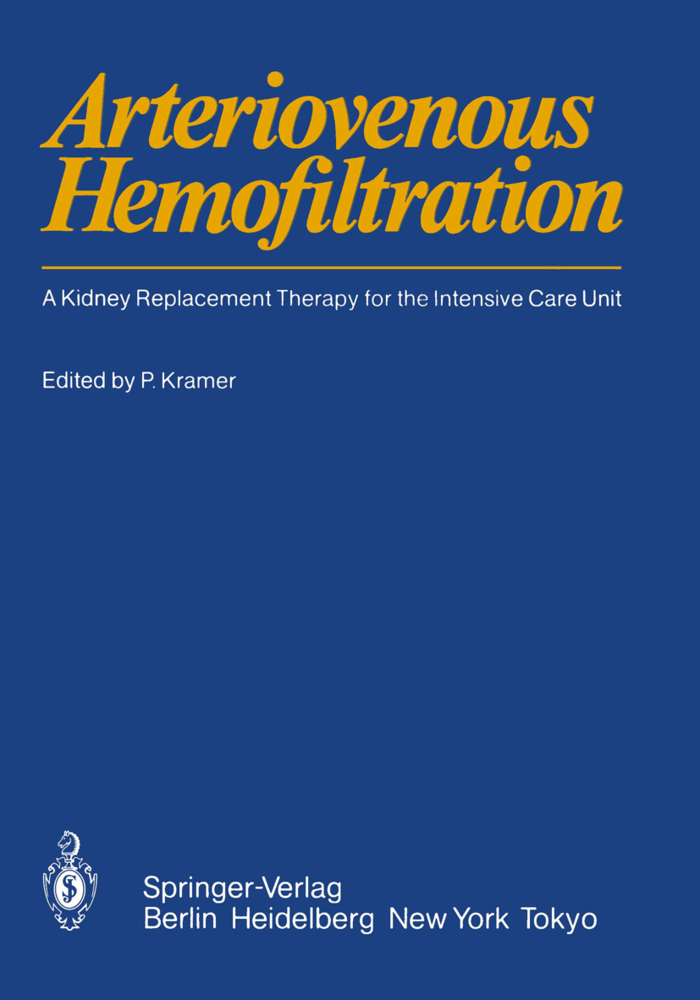Organisation and Management of Intensive Care
A Prospective Study in 12 European Countries
Organisation and Management of Intensive Care
A Prospective Study in 12 European Countries
From the viewpoint of a health economist, the intensive care unit (leU) is a particularly fascinating phenomenon. It is the epitome of "high-tech" medicine and frequently portrayed as the place where life-saving miracles are routinely wrought. But the popular imagina tion is also caught up in the darker side, when agonizing decisions have to be made to avoid futile and inhuman continuation of expen sive treatments. My analytical interests led me to approach these issues by asking what the evidence tells us about which leu activities are very bene ficial in relationship to their costs and which are not. This quickly translates into a slightly different question, namely, which patients are most appropriately treated in an leu and which not. Unfor tunately, it is very hard to answer these questions because it has pro ved very difficult to investigate these issues in the manner which is now regarded as the "gold standard:' namely by conducting rando mized clinical trials or alternative courses of action. I think this is a pity, and I am not at all convinced that it would be unethical to do so in many cases, because there is wide variation in practice and ge nuine doubt as to which practices are best -the two conditions that need to be fulfilled before such a trial is justifiable.
2 Study Results
3 Integration of Substudies
4 Conclusions
5 Recommendations
6 Field Work
7 Substudies
8 Highlights on the EURICUS-I Data
III
Participants in EURICUS-I.
EURICUS-I: Introduction
1 Study Design2 Study Results
3 Integration of Substudies
4 Conclusions
5 Recommendations
6 Field Work
7 Substudies
8 Highlights on the EURICUS-I Data
III
Participants in EURICUS-I.
Reis Miranda, D.
Ryan, D. W.
Schaufeli, W. B.
Fidler, V.
| ISBN | 978-3-642-64328-6 |
|---|---|
| Medientyp | Buch |
| Copyrightjahr | 2011 |
| Verlag | Springer, Berlin |
| Umfang | XX, 286 Seiten |
| Sprache | Englisch |

